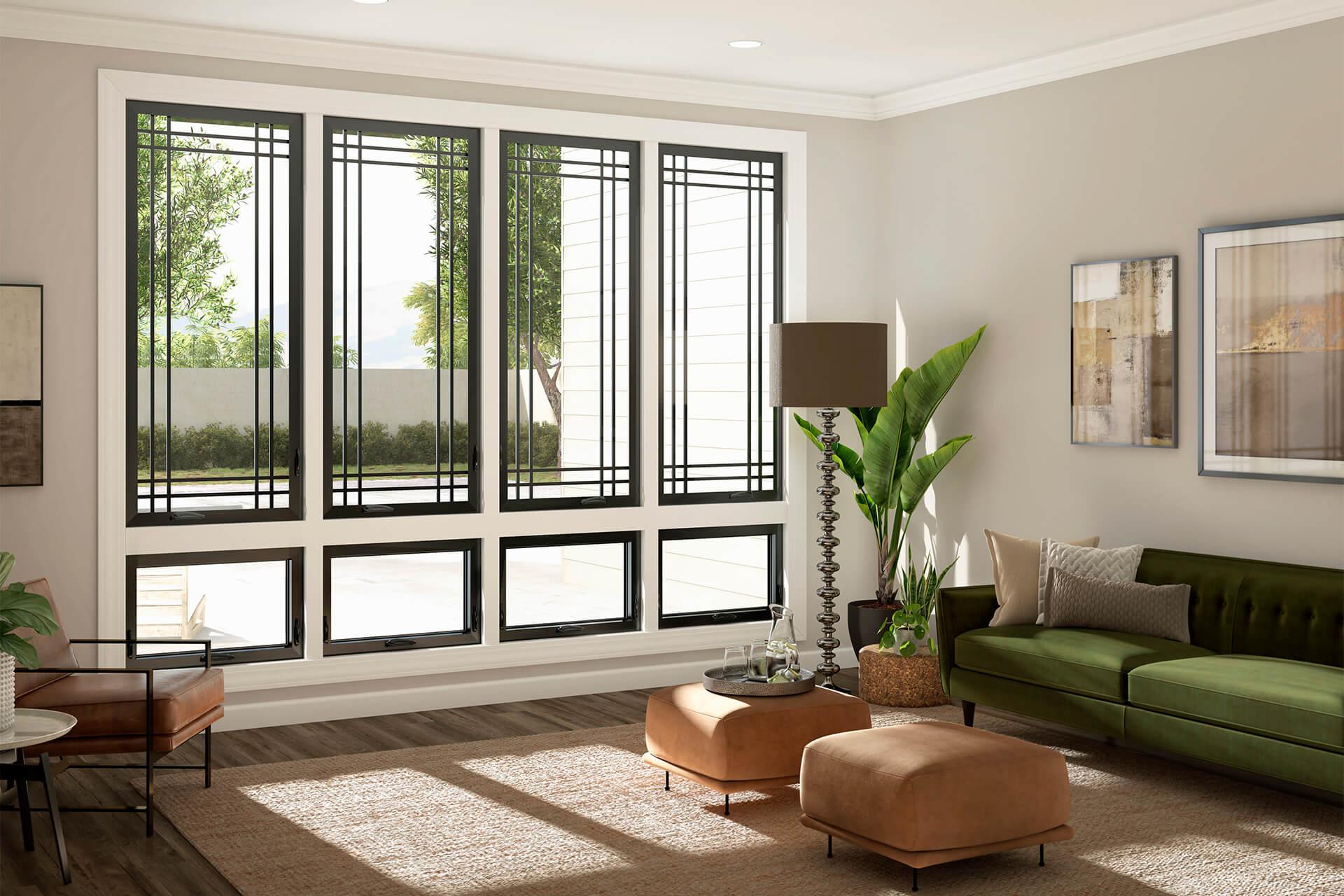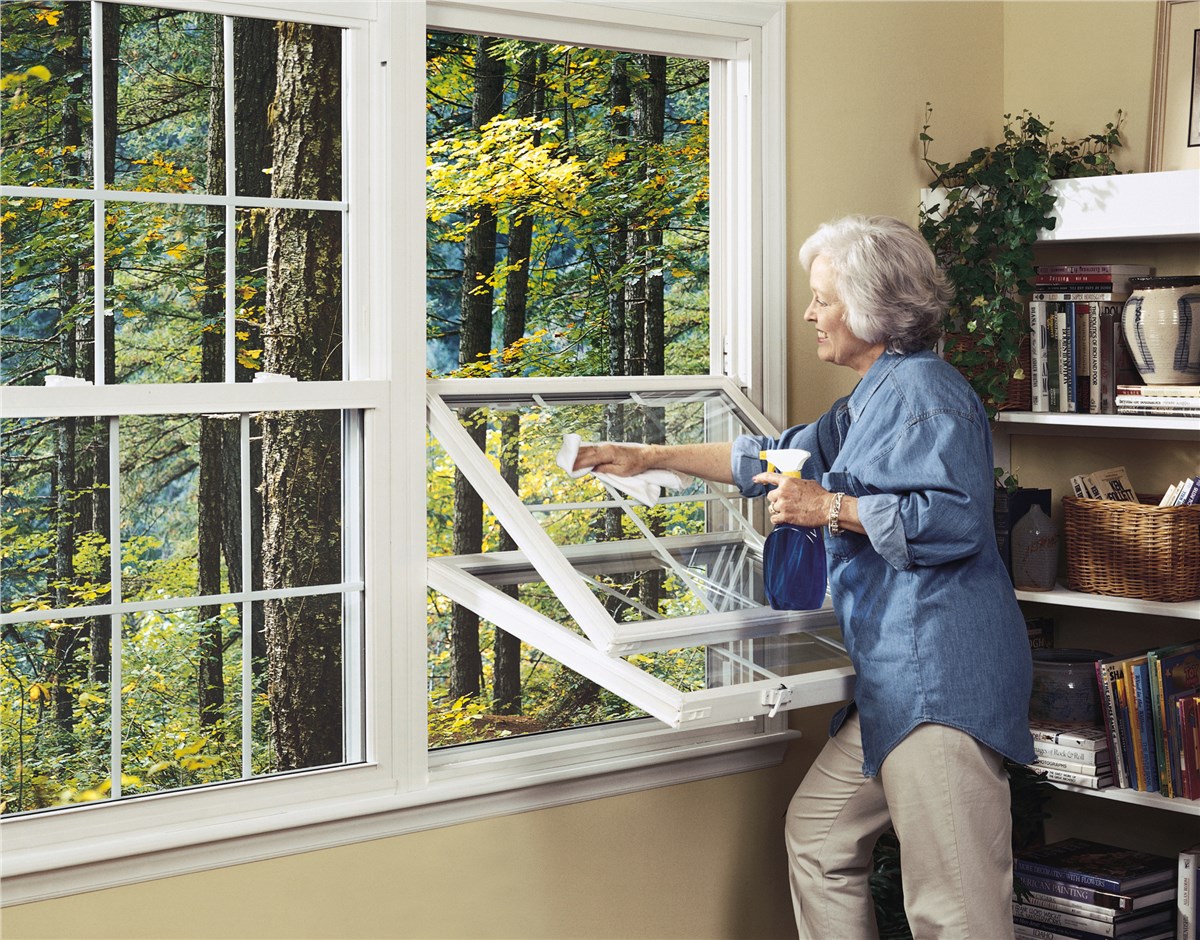Upgrade Your Home With Energy-Efficient Window Replacements
In the world of home improvement, the decision to upgrade to energy-efficient home window substitutes can significantly impact both the functionality and looks of a house. Past the surface area level of simple aesthetics, energy-efficient home windows supply a wide range of advantages that go past mere visual allure.
Advantages of Energy-Efficient Windows

The installation of energy-efficient windows gives considerable financial savings on utility expenses while boosting ecological sustainability. Additionally, energy-efficient home windows can aid control dampness levels within the home, decreasing the threat of mold and mold growth.
Past the financial benefits, energy-efficient home windows add to ecological sustainability by reducing carbon discharges linked with power production. In general, investing in energy-efficient windows not just boosts the comfort and efficiency of a home but likewise straightens with environmentally conscious methods.
Kinds of Energy-Efficient Glass
Numerous advanced sorts of energy-efficient glass deal distinct residential properties that deal with different requirements and preferences in boosting the sustainability and efficiency of buildings. Low-emissivity (Low-E) glass is a prominent alternative made to decrease the quantity of ultraviolet and infrared light that can go through the glass, thus decreasing heat transfer. This kind of glass assists maintain a consistent interior temperature, reducing the demand for home heating or cooling systems, and ultimately lowering power expenses. Another cutting-edge choice is spectrally selective glass, which permits visible light to travel through while obstructing specific kinds of infrared radiation. This assists in maintaining a comfy interior environment while decreasing warmth gain. Triple-pane glass, being composed of three layers of glass with shielding gas between them, provides enhanced thermal insulation, making it extremely energy-efficient. Furthermore, self-cleaning glass with an unique finish that breaks down and loosens up dust when subjected to sunlight can reduce upkeep requirements and maintain windows looking tidy. Each type of energy-efficient glass supplies unique benefits, enabling homeowners to select one of the most appropriate option based on their details demands and objectives.
Variables to Consider When Selecting
When considering energy-efficient window substitutes, it is vital to carefully analyze particular factors that line up with your sustainability objectives and wanted power cost savings. The U-factor steps how well the window shields, with reduced numbers showing better insulation, while the SHGC shows the window's capability to obstruct warmth from sunshine. By carefully reviewing these factors, you can choose energy-efficient home windows that enhance comfort, minimize power costs, and benefit the atmosphere.
Installation and Maintenance Tips

Routine maintenance is key to preserving the performance of your energy-efficient home windows. Check the home windows regularly for any type of signs of sealant, wear, or damage degeneration. Clean the frames, tracks, and glass routinely using light soap and water to get rid of dirt and grime that can affect efficiency. Inspect the weather-stripping and seals for any splits or gaps and change them if needed to keep the home windows' energy efficiency.
On top of that, lube relocating parts such as locks and hinges to make certain smooth operation. By complying with these installation and upkeep pointers, you can improve the power efficiency of your home and extend the lifespan of your energy-efficient windows.
Cost-Benefit Evaluation of Upgrading

Energy-efficient home windows are made to decrease heat transfer, reducing the need for heating and cooling systems to work overtime. This can lead to substantial financial savings on power expenses, particularly in regions with double glazed window repair cost extreme temperatures. In addition, energy-efficient home windows can boost the general value of your home, making it more eye-catching to possible purchasers if you choose to offer in the future.
When determining the cost-benefit analysis, consider the prospective cost savings on energy bills, any kind of offered rewards or rebates, and the life-span of the home windows. While the initial cost may be higher, the lasting financial savings and advantages of energy-efficient home windows make them a smart investment for homeowners looking to boost home windows cost their building's power performance and worth.

Final Thought
In conclusion, upgrading to energy-efficient window substitutes uses countless benefits such as decreased energy intake, raised comfort, and cost savings. By choosing the ideal kind of energy-efficient glass and considering factors like framework material and setup, home owners can make the most of the effectiveness of their windows.
When considering energy-efficient window substitutes, it is imperative to carefully evaluate particular elements that line up with your sustainability goals and preferred energy cost savings. The U-factor procedures exactly how well the home window shields, with reduced numbers indicating better insulation, while the SHGC indicates the window's ability to obstruct warmth from sunshine. By meticulously reviewing these variables, you can pick energy-efficient home windows that boost convenience, minimize power expenses, and benefit the environment.
While energy-efficient home windows might have a greater in advance cost compared to typical home windows, More Help the long-lasting benefits often surpass the first investment.In conclusion, updating to energy-efficient home window replacements supplies many benefits such as minimized power usage, raised comfort, and expense savings.